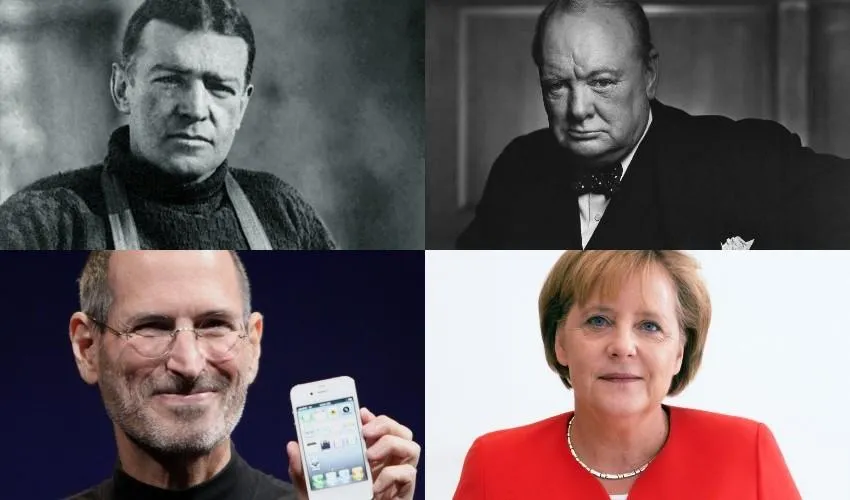
Natural Learned Leaders
We tend to think of the likes of Winston Churchill, Steve Jobs, Angela Merkel or Ernest Shackleton as natural born leaders in their own way, and maybe there is a pinch of truth in this. The rest of us should not be discouraged, though, since a paper by two Bocconi Department of Management and Technology Professors, Luisa Gagliardi and Myriam Mariani, finds that leadership can be learned.
Through a natural experiment that exploits the end of the compulsory draft in the US in 1972, "we find that people can learn to become leaders through life-changing experiences, such as exposure to leadership examples in early life or participation in leadership skills programs," Professor Gagliardi says. "Among all, higher education has proved to be the strongest leadership enhancing experience that people can go through early in their life."
"When it comes to leadership skills," Professor Mariani says, "there is a self-selection effect. People with a knack for it tend to enroll in programs that teach leadership. This makes very difficult to understand how much leadership depends on a natural talent and how much on training."
Compulsory draft in the US both enhanced young men's exposure to leadership examples, both positive and negative, and pushed many of them to enroll in higher education in order to postpone their service or to have access to better assignments. Studying the context of industrial research, the authors find that, after the end of the draft, the likelihood of American men covering roles of responsibility over the work of others in research teams decreased comparing to similar men in countries that retained the draft.
"We compare the probability of fulfilling leadership roles between inventors in the United States and inventors in countries retaining conscription, before and after the policy change. As the elimination of conscription applied to all U.S. citizens, the change in the availability of training opportunities was independent of people's innate leadership attitudes," the authors write.
The empirical analysis uses data on 6,160 inventors in industrial research for whom the authors know whether they held roles of responsibility over the work of others at the time of the research project, together with information on their country and year of birth, and other individual characteristics. Country and year of birth define the sample of individuals subject to the policy change, that is, American men born after 1953.
The observed effect is sizeable but reduces over time. When the authors consider inventors born between 1947 and 1963, American men born after 1953 have a 10.6 percentage points penalty in their likelihood to cover leadership roles. Most of this effect is explained by a reduction in the incentives to enroll in higher education to defer the draft. On a longer time horizon (1947-1975) the effect decreases to 3.6 percentage points, as growing access to education and other life opportunities counterbalances the initial negative effect of the elimination of the draft.
"Our study calls for the provision of early life, inclusive leadership enhancing opportunities to shape leadership attitudes and capabilities. These include formal education, corporate internships, and on-the-job training but could also span to other domains, such as political activism, associationism, and sporting activities," the authors conclude.
Luisa Gagliardi, Myriam Mariani, "Trained to Lead: Evidence from Industrial Research." Strategic Management Journal, Early View, 1– 25. DOI: https://doi.org/10.1002/smj.3346.
Photo: Clockwise from top-left: Shackleton, Churchill, Merkel, and Jobs photographed by Frank Hurley, Yousuf Karsh, Armin Linnartz, and Matthew Yohe.